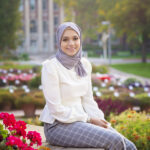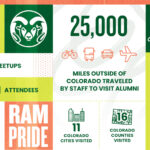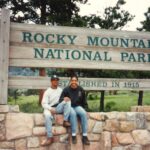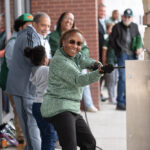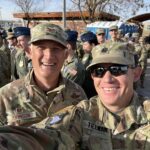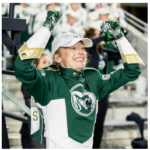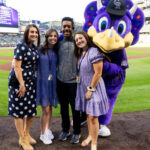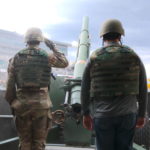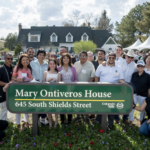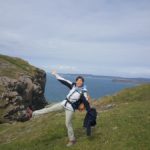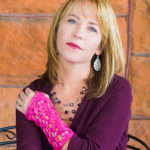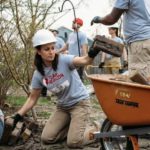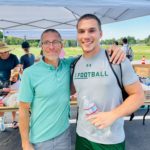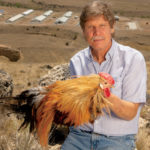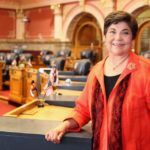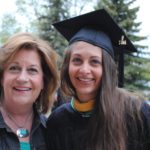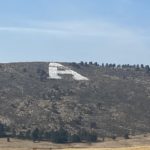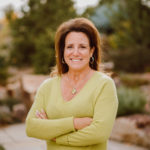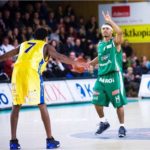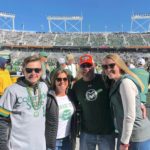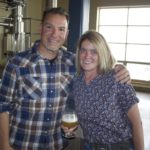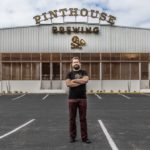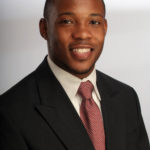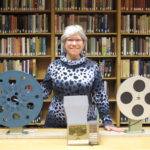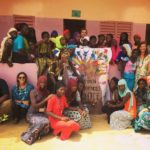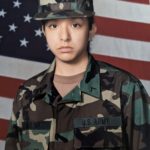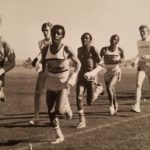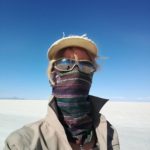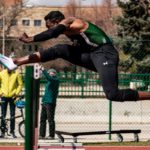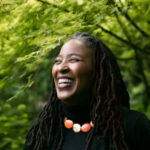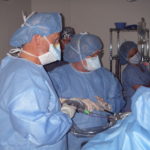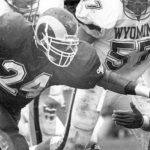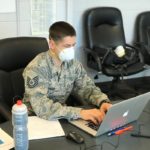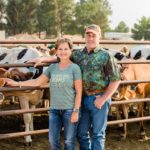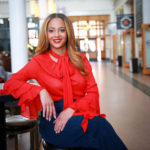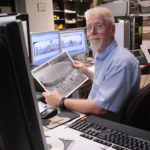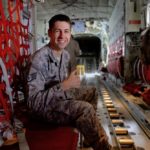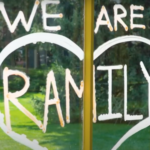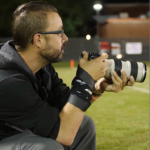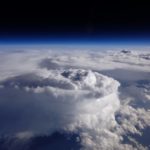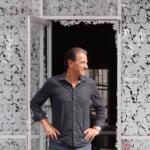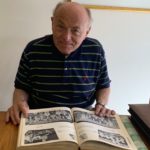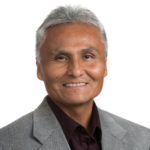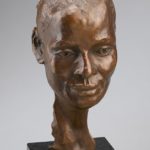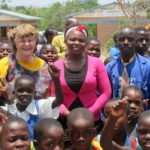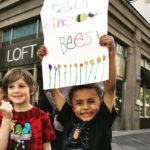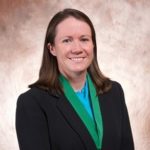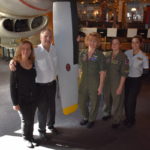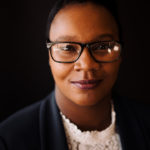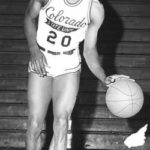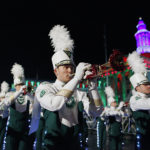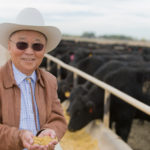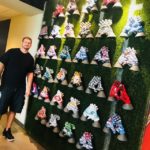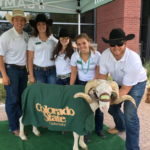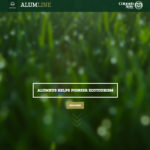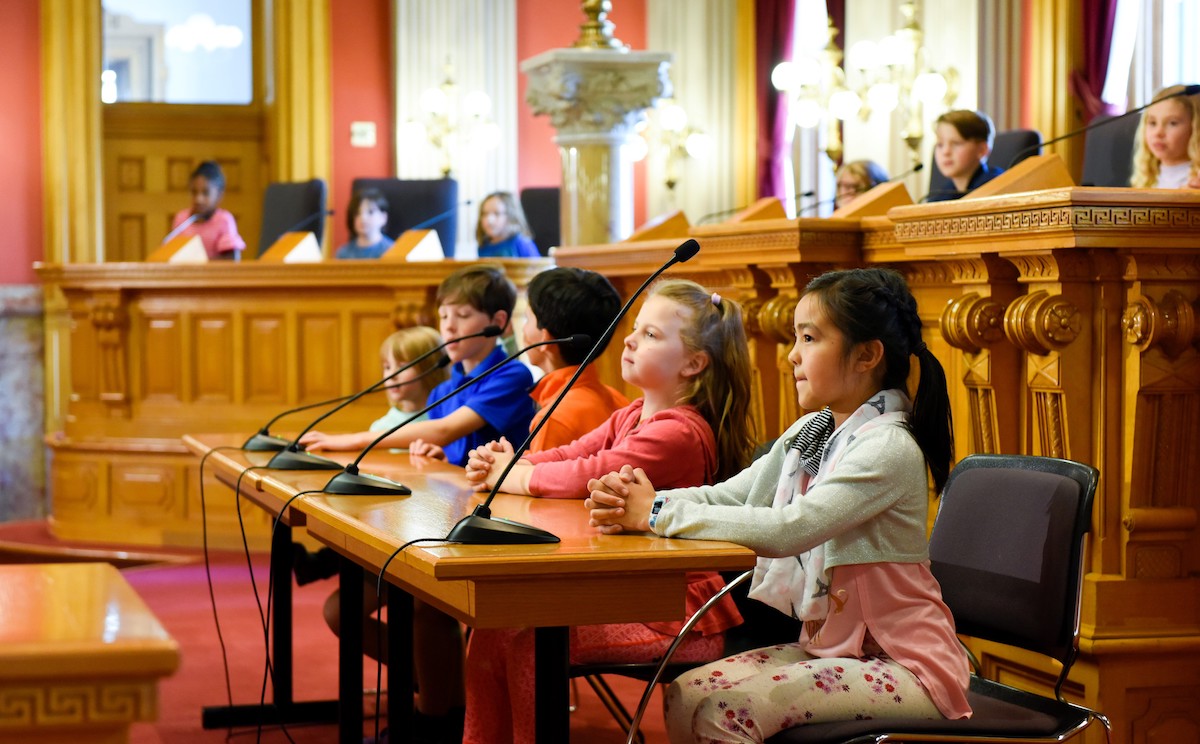
By Ann Gill (M.A., ’76)
Before 2013, there had been no elementary school in downtown Denver for more than 100 years. At a meeting to discuss the possibility, downtown resident Letia Frandina (B.A., ’02; M.A., ’04) whispered to her husband, attorney Michael (Gardner) Frandina (B.S., ’02), “Do not raise your hand to volunteer; we’re over-extended.” By the end of the meeting, she had volunteered for the planning committee.
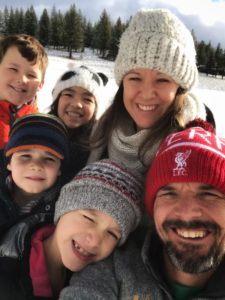
Her first role was communication and marketing. She used her CSU communication degrees to stand at 16th and Stout and talk to passers-by about the proposed school, securing intent-to-enroll signatures. The planners soon discovered this project would redefine “neighborhood school,” as interested parents included some who lived elsewhere but worked downtown. The planners also made an intentional effort to recruit ethnically/racially diverse and low-income families. “There is strong evidence that all kids learn best when they are given the opportunity to learn and work with diverse peers,” Frandina explains.
In 2013, the Downtown Denver Expeditionary School (DDES) opened with 13 employees, including Frandina as director of communication. The Frandina apartment served as the school’s office. The first day, all 175 students paraded three miles through the downtown corridor, warmly welcomed by government officials, business owners, and parents. Six years later, the school has a permanent home on Lincoln Street, 60 employees, and just over 400 students in kindergarten through fifth grade. Frandina became executive director in 2018.
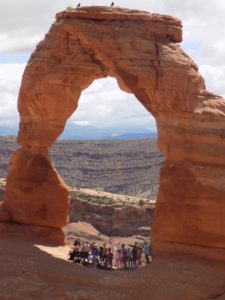
The DDES is an Expeditionary Learning school, blending a student-centered learning approach with experiential and outdoor education. Frandina explains: “The city is our campus. Student engagement is central to learning.” Classes take learning expeditions to places such as the Denver Art Museum, History Colorado Center, and the Denver Museum of Nature and Science. Each grade also goes on two age-appropriate adventure camping trips a year. “We see students who may not always shine on a math test be tenacious leaders on a strenuous hike. This highlights our belief that we are all crew ̶ our shared, diverse talents are what make us stronger.”
Engagement also occurs through case studies and service-learning projects. Each class works on a focused project. For example, kindergarten students studied honeybees, blending learning in social studies, science, and literacy. They wrote persuasive letters on why honeybees are good and what the community can do to protect them. They colored scientific drawings of honeybees and put them on buttons, which they wore while engaging people downtown: “May I take a minute of your time to tell you about honeybees?”
The DDES has been a huge success. In addition to its engaging projects and activities, it meets all Denver Public School standards. It focuses on three dimensions of student achievement—character, mastery of knowledge and skills, and high-quality work. The school has received the Downtown Denver Innovation Award and was named one of the top workplaces in the state.
This spring, the school graduated a fifth-grade class that included students who were in its first kindergarten class. Madeus, a member of that class, says: “DDES helps all students grow …. [T]hey don’t just focus on what we got wrong; they focus on how we can improve our work through kind feedback, revision, and giving us a chance to learn from our mistakes so we can be strong community leaders.”
